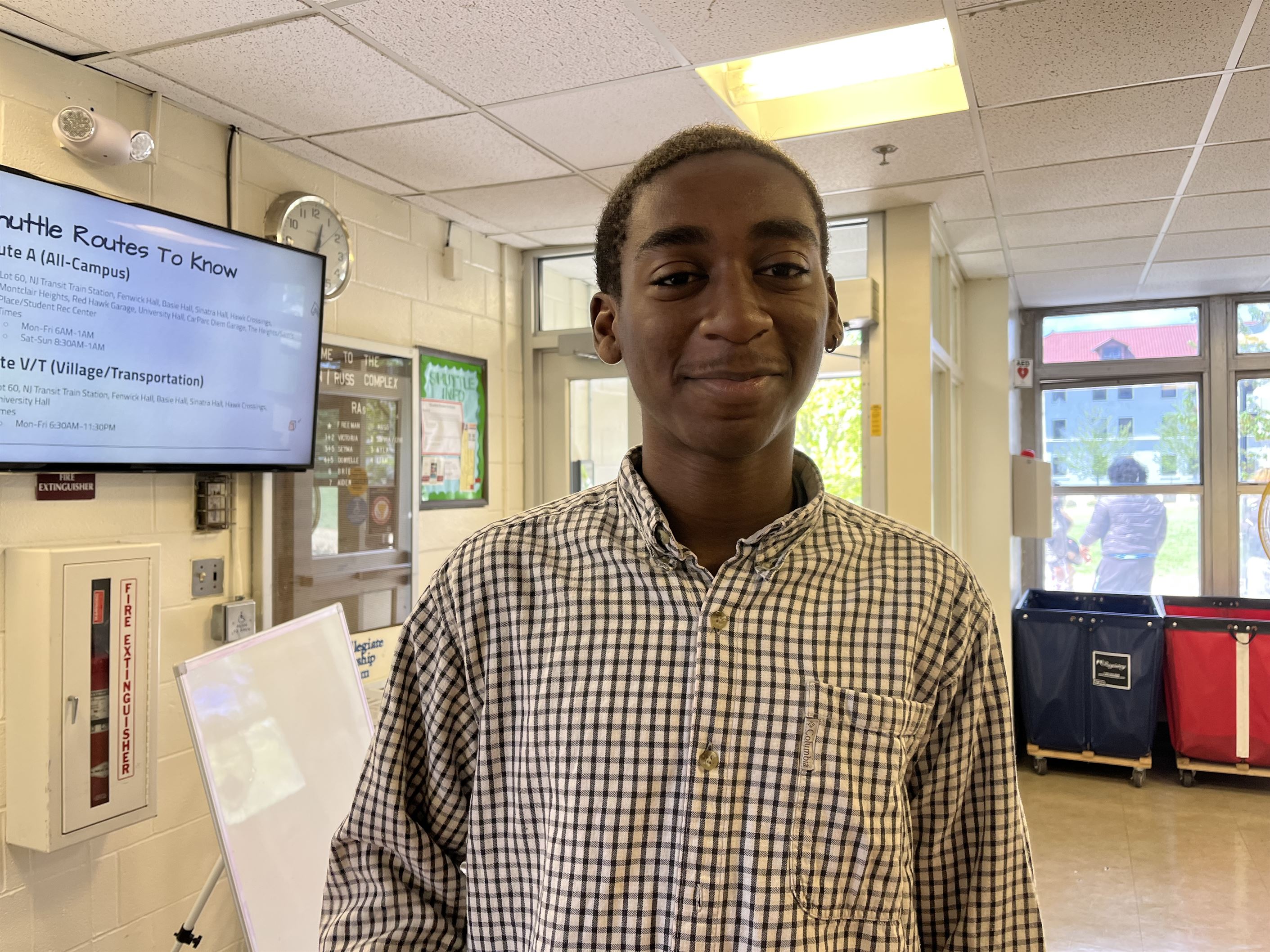After three years of the Coronavirus (COVID-19) pandemic, Montclair State University is slowly returning to its old ways. Complying with the New Jersey Department of Health and the Centers for Disease Control and Prevention, the university is lifting more restrictions surrounding the fight against COVID-19 on campus. Some changes include what groups require vaccinations, the closing of Webster Hall for COVID-19 testing and no longer being required to complete daily Hawk Checks.
Andrew Mees, the university spokesperson for Montclair State, wants to alleviate the potential apprehension.
“Our decisions… have been informed by the guidance of the New Jersey Department of Health and the Centers for Disease Control and Prevention, and the expertise of our on-campus experts,” Mees said. “That has served us well.”
Mees wants to assure students that the university’s campus has yet to experience severe outbreaks and will continue to make sure of that.
“…Students are encouraged by these changes, as they represent as close a return to a pre-pandemic world as possible,” Mees said.
Similarly, Micah Solomon, a freshman film and television major, is not fearful of the times to come following Montclair State’s new policies. While he understands that some of his student body peers won’t agree, he just wants to live a normal life again.
“I think a certain student population will agree because, at the end of the day, we want to get back to our normal selves,” Solomon said.

Freshman film and television major, Micah Solomon, at the front desk of Freeman Hall.
Nevaeh Corvington | The Montclarion
Beyond the scope of Montclair State, however, Solomon thought of what could happen if other universities follow suit.
“I feel like that’s potentially scary,” Solomon said. “Our school, our population is one thing… but you don’t know what they have going on anywhere else. I guess that is really scary.”
On the other side of the argument, there are students that are more presently apprehensive, like Aiden Cistrelli, a sophomore psychology major.
“As someone who is immunocompromised, that is a little scary… and I know other disabled people on this campus—I know a lot of us are immunocompromised,” Cistrelli said. “Obviously, [COVID-19] is something that is still going around affecting people.”

Aiden Cistrelli, sophomore psychology major, in the Freeman Hall lobby.
Nevaeh Corvington | The Montclarion
Cistrelli was also aware of the potential reactions the news of the policies could receive.
“I’m sure it’s going to be split between reactions—some people are going to be upset, some people are going to be really happy,” Cistrelli said.
The new policies will become effective on May 11, 2023, and you can learn more on the university website.



